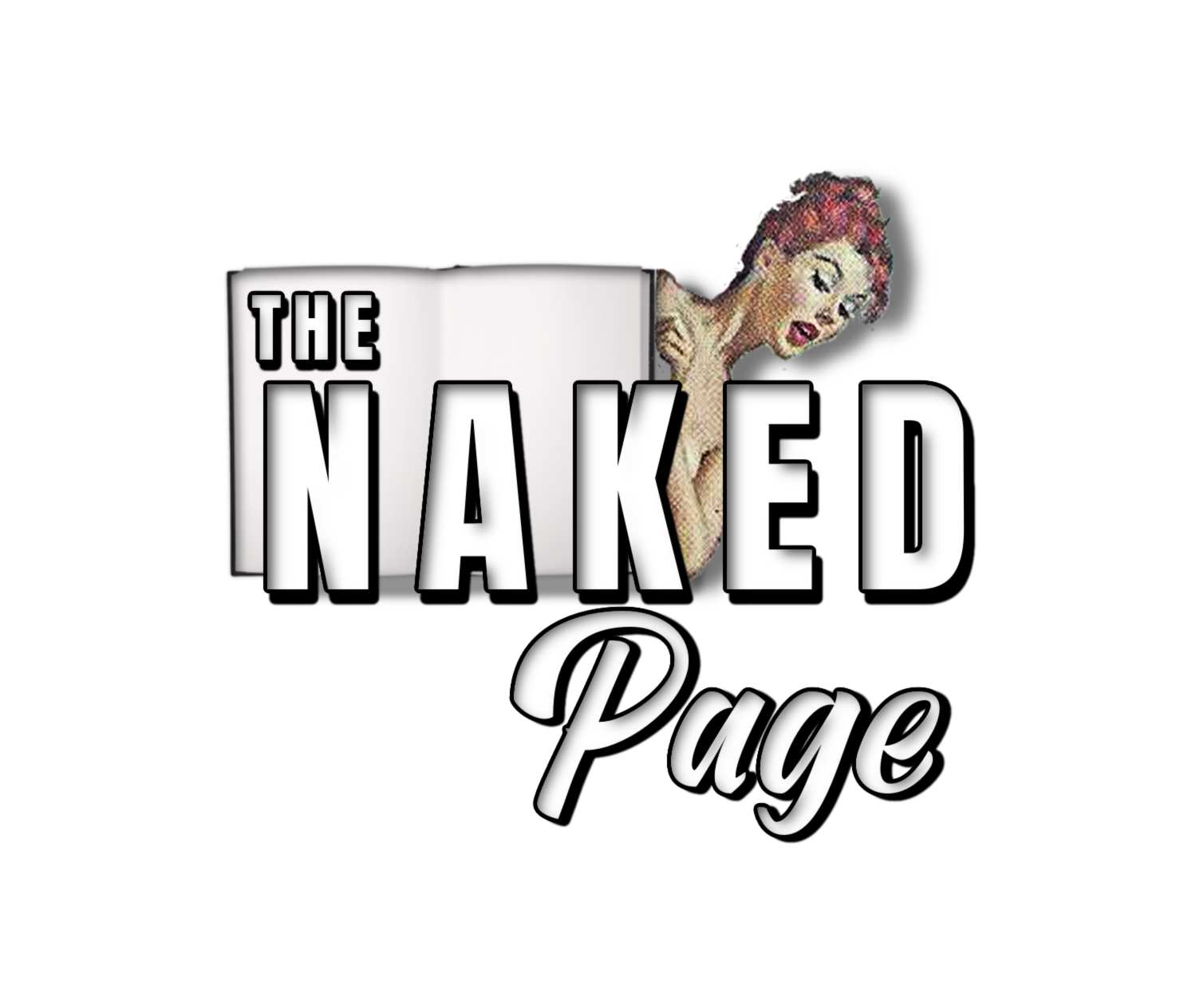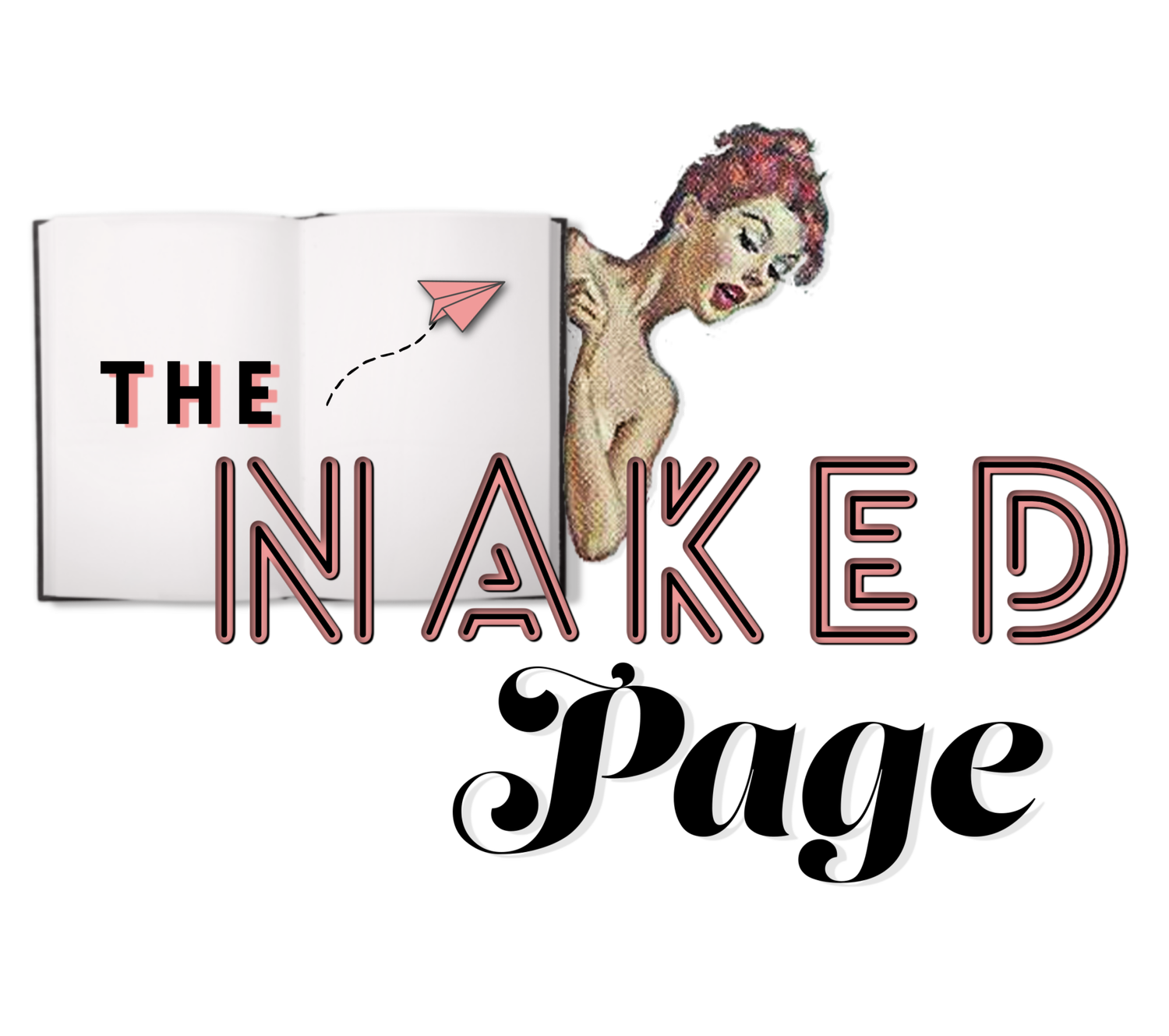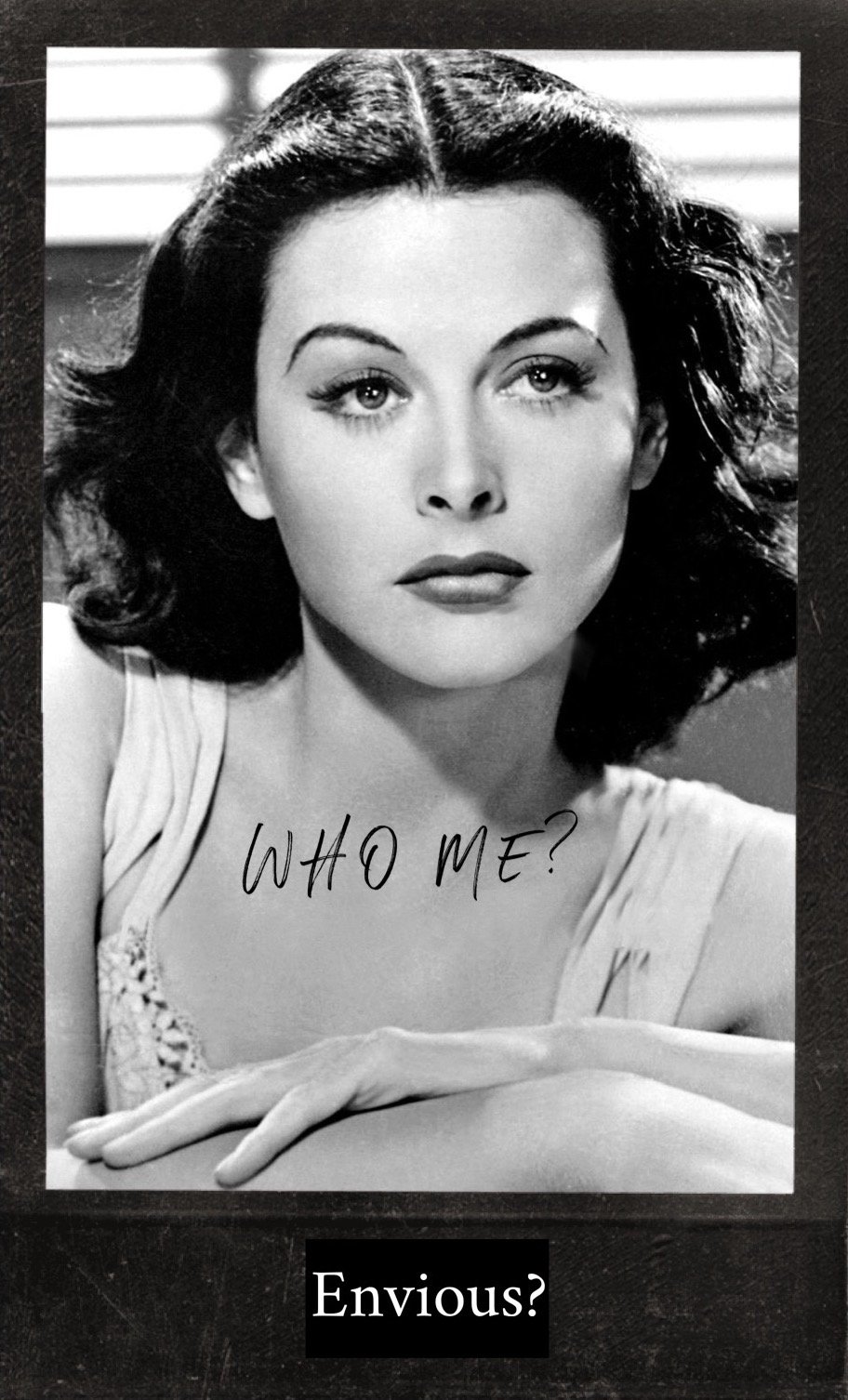The Power of Envy: You Gorgeous Green-Eyed Monster You
I have something scary to tell you and it’s not even Halloween yet.
Okay, so we’re not talking Stephen King kind of scary. But I think it’s something we women rarely admit to and that makes it feel like a taboo subject.
Envy.
That’s right, the green-eyed monster. Ever have to face her? Maybe you spotted her in your own mirror?
I have.
I’m confessing today. And it’s a secret I’d rather not admit publicly.
But I need to. Why?
Because an old theatre professor once told me, “Whatever’s in your way, is the way.”
And I still believe him. Maybe you call it leaning in. To me, it feels like fist-clenching fear. But it’s an anxiety that must be spoken out loud or it’ll grow horns and poke me awake in the night.
Okay, I’m almost done beating around the bush.
Ready for my confession?
I’m just about there.
Here I go.
“I cyberstalk someone online and I’m totally envious of her. Worse still, she makes me feel like a fraud. ”
She’s an editor like me.
Let’s call her Irene.
Irene is a polished and put-together professional. She worked for a big advertising agency and then went on to work as an Editor-in-Chief for a fancy magazine. Eventually, she started her own editorial services business.
I follow Irene’s blog and social media accounts. Sometimes I pull up her home page and think, “Why would anyone want to work with me when they could land Irene?”
It’s true I didn’t get a prep school education in Connecticut. I didn’t go to an Ivy League University. And no big agency snapped me up right out of college. That’s 100% Irene, not me.
So without the qualifications she has, can I even call myself a real editor?
Yes. And I’m a damn good one. (full stop)
(Okay, a bit more) I’m a damn good developmental editor because I often know the story you need to tell long before you do. And I’ve got tools that’ll teach you to transcend your trauma and inspire the world while you write that story.
I got lucky and had the opportunity to work with some amazing authors, many of whom have published countless books, and won prestigious awards, and some who’ve been working writers for upwards of 40 years.
I’m not selling my previous experiences to you. No, I want to show you what I can do for your story now.
Let’s get real. You don’t really care about my background. You care about how to help you transform your words.
But I’ll admit it.
After reading Irene’s posts, I spent several hours languishing in some green-eyed monster misery. I got down on myself and felt imposter syndrome sneak in.
You know, that “no matter what my skills or talents are, I feel inadequate” syndrome.
Inadequacy isn’t something only small guys suffer from. Big Hollywood superstars and high-powered executives feel it, too.
Usually, I don’t spend much time wallowing in my own inadequacies. That was until today. This afternoon, I read Irene’s Instagram post:
“Enjoying Milan, not thinking about words or work,” the caption read.
She held a dripping ice cream cone that looked like it had been airbrushed onto the cover of Italian Vogue (not the magazine she worked for, BTW).
I stared at the picture and caption for a long time. Should I be in Milan?
And then…thunderbolt hit.
“Irene thinks this is work,” I whispered to myself.
Editing to Irene is a job.
All those articles on work/life balance and how to be more productive—that stuff was written for Irene.
I don’t get that stuff at all.
I’m nothing if I’m not a storyteller. I swim in story. I drink and eat story. My diet is completely unhealthy.
It’s true. Unlike Irene, I don’t know how to turn off my storytelling brain. Irene does. And that’s awesome. That’s healthy. So, here comes more envy, right?
Nope, not a chance.
Because my unhealthy obsession with storytelling defines who I am not just as an editor but in my life, too. As if those two things were mutually exclusive.
They’re definitely not for me.
What I love most about writing and editing stories is how accessible that experience is to the human condition. Every moment is pregnant with story possibilities. Each twisted leaf on the playground or oddly shaped apple in the produce section is a narrative waiting to unfold.
Writing, editing, and working with people to uncover their most compelling stories—none of those feel like work to me.
Story nudging is my whole life.
It’s what I think about in the shower.
It’s what I think about while I’m cooking.
It’s what I’d be thinking about if I were sitting in Milan eating a dripping (airbrushed) ice cream cone.
My point is two-fold:
Envy can be good for you.
Your uniqueness is enough. You aren’t actually competing with anyone.
Rosemary Daniell has a section in her book The Secrets of Zona Rosa: How Writing (and Sisterhood Can Change Women’s Lives) called the Gift of Envy. She says, “envy is a gift that tells us what we want more of for ourselves.”
I totally vibe with that statement.
Being envious of other women is the grownup equivalent of cutting out pictures from magazines and gluing them into a collage. Remember doing that?
You searched for perfect images, ideas you loved, and women you wanted to look like. Then you arranged those things into some kind of self-stylized vision board—before vision boards were a thing.
It was a creative process that gave us ideas about who we wanted to become. Or what we wanted most out of life.
So, don’t try to kick your envy to the curb. It won’t work.
You may be grown, but your teen self is still finding ways to create her dream collage. She’s now just using envy.
The first thing we must do when we feel this envy creep in is to just sit with it. In time, we can also use it to help us figure out the attributes we wish we possessed, name them, and find a way to achieve them.
Are we feeling like female entrepreneur #1 has it all under control? She’s making loads of money and brings in the best clients. She’s the kind of businesswoman you wish you were.
Reframe your stalking into study.
Even business school requires you to review case studies.
Think of envy as your opportunity to review real-life case studies of people you wish to be like. Figure out how female entrepreneur #1 got where she is today and how she can motivate you to do the same.
Once you realize that your envy isn’t just some icky emotion, you can identify what areas of your life you’d like to transform.
Is there a celebrity you criticize publicly, but secretly stalk? Someone, you wish you could trade places with because of their flawless skin and perfect butt? People may think you’re vain, but if it matters to you, take more pride in your appearance by working out or getting serious about your diet.
Maybe you’d love to write a book? Are there any best-selling authors you love to hate because success just falls into their laps? The book contract, the speaking engagements, and the interviews in top-tier magazines. Maybe studying those writers is the best way to figure out what skills you need to master.
Once you realize envy is not the enemy, you can move on to #2.
“What you don’t know can work in your favor. ”
What don’t I know? That’s the part that made me feel like I was in a fraud and failure tailspin.
Truth is there will always be people more attractive than you, more famous, more skilled, and more successful.
Of all the billions of people in the world, you’re likely to fall somewhere in the middle.
Competing with any one person is useless.
It’s your differences that make you memorable and bankable.
And here’s a little secret—what you don’t know can often work in your favor.
It’s true.
Ever been in that wobbly toddler phase of trying something new? Where you look around and see women who’ve got the self-confidence of steel. Meanwhile, you’re hesitating to ask for directions to the bathroom while you spill coffee down your shirt.
I’ve been in this beginning phase more times than I care to admit—becoming a teacher, becoming a burlesque performer, becoming a flight attendant, and becoming a mom at 40.
That’s a lot of becomings. Sometimes it feels like I’ll never get to the I ams.
But I’ve been in the becoming phase so many times, I’ve learned how to make it work in my favor.
If you’ve ever visited one of those beauty institutes to get a cheaper haircut that turns out better than a professional one at an expensive spa, you know what I’m talking about. Hairstylists who are learning the trade ask a lot of questions, double-check their work, continue to check in with their clients, and get feedback from seasoned stylists.
This is a system of checks and balances that the professional hairstylist won’t likely utilize. This means she may have more unhappy customers if she assumes she knows what her clients desire and she fails to deliver.
Never rest on your laurels.
Maybe you’ve gone back to school at 35, switched careers, or started writing.
When you first start writing your memoir, you probably aren’t thinking about sending a book proposal to one of the Big Five Publishers. Especially, if you haven’t yet established a writing process or you’re dealing with weighty content.
Maybe you need someone to walk you through the messy middle and deal with the emotional tidal wave of learning how to be vulnerable on the page.
Could that be more valuable to you now than figuring out who’s going to publish your book in the future?
I thought so.
Enter me. And my editing style.
Why my work works is because I’m not Irene.
I’m not going to rush you to the finish line so I can make bank.
Not everything is about dollar signs.
Often the editing process is about helping a writer learn to manage her fragility. And let’s face it, in a story, fragility is a huge asset.
I’ll admit that trying to get you traditionally published isn’t my main objective for you. There are plenty of Irene’s out there to help you do just that.
I’m here for the women who have big stories to tell, but who aren’t yet ready to hire Irene. Those women who need coaching and not just some heavy hitter who will red mark their manuscript. I’m here for the writers who need to process a rape or miscarriage. Or a husband’s suicide.
Handing a manuscript like that over to Irene would feel scary as hell if you hadn’t fully processed your experience.
Assuming someone is better at your specialty than you can be a deceptive little game we play. On paper with others in your field, you may be matching credential for credential. But you’re so much more than your portfolio.
If you took a magnifying glass to your life, you’d realize you’ve got all kinds of unaccounted for skills.
For me, that means holding the hand of a writer when she needs extra time to edit the sections about her childhood abuse. Or giving her new ways to think about the power she obtained during her traumatic labor.
In writing, being sensitive to vulnerabilities is a skill.
And before you decide you can’t tackle a specific subject because another writer has a similar story to your own, consider a few things first.
Your story hasn’t been told from your perspective, yet.
Who’s an expert in your life?
You, that’s who.
Now before this blog turns into a Dr. Seuss book, let’s do one more compare and contrast.
Women vs. men.
Women often get sucked into a scarcity model mentality that men don’t believe in. With men, there’s plenty to go around. But women often think if it’s been done once, it can’t be done again.
This simply isn’t true.
Picture all the movies that would disappear from the world if that one dude director announced back in 1952, “Yeah, but we’ve already made a movie about World War II.”
Seriously, ladies, let’s own our shit. And long to be ourselves, not someone else.
The skilled stuff. The fragile parts. Everything used to weave those skills together.
I’m damn determined to make digital products for women who are working through the writing process. I’ll eventually take new clients who need gentle guidance as they move through their painful pasts.
But when I’m finally ready to be a New York Times best-selling author, I’m calling Irene. And you should, too.
We all have our work cut out for us. And there’s plenty to go around. Do the work.


